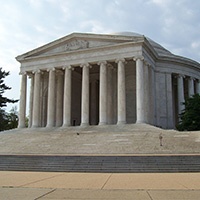 Lexington Misdemeanor Lawyers, Alabama
Lexington Misdemeanor Lawyers, Alabama
Not enough matches for Lexington Misdemeanor lawyer.
Below are all Lexington Criminal lawyers.
Sponsored Lawyers
1-2 of 2 matches
623 S Seminary St
Florence, AL 35630
Accident & Injury, Divorce & Family Law, Lawsuit & Dispute, Criminal, Expungement
James Atkinson is a practicing lawyer in the state of Florence, AL.
(more)
Divorce & Family Law, Accident & Injury, Criminal, Real Estate, Estate





